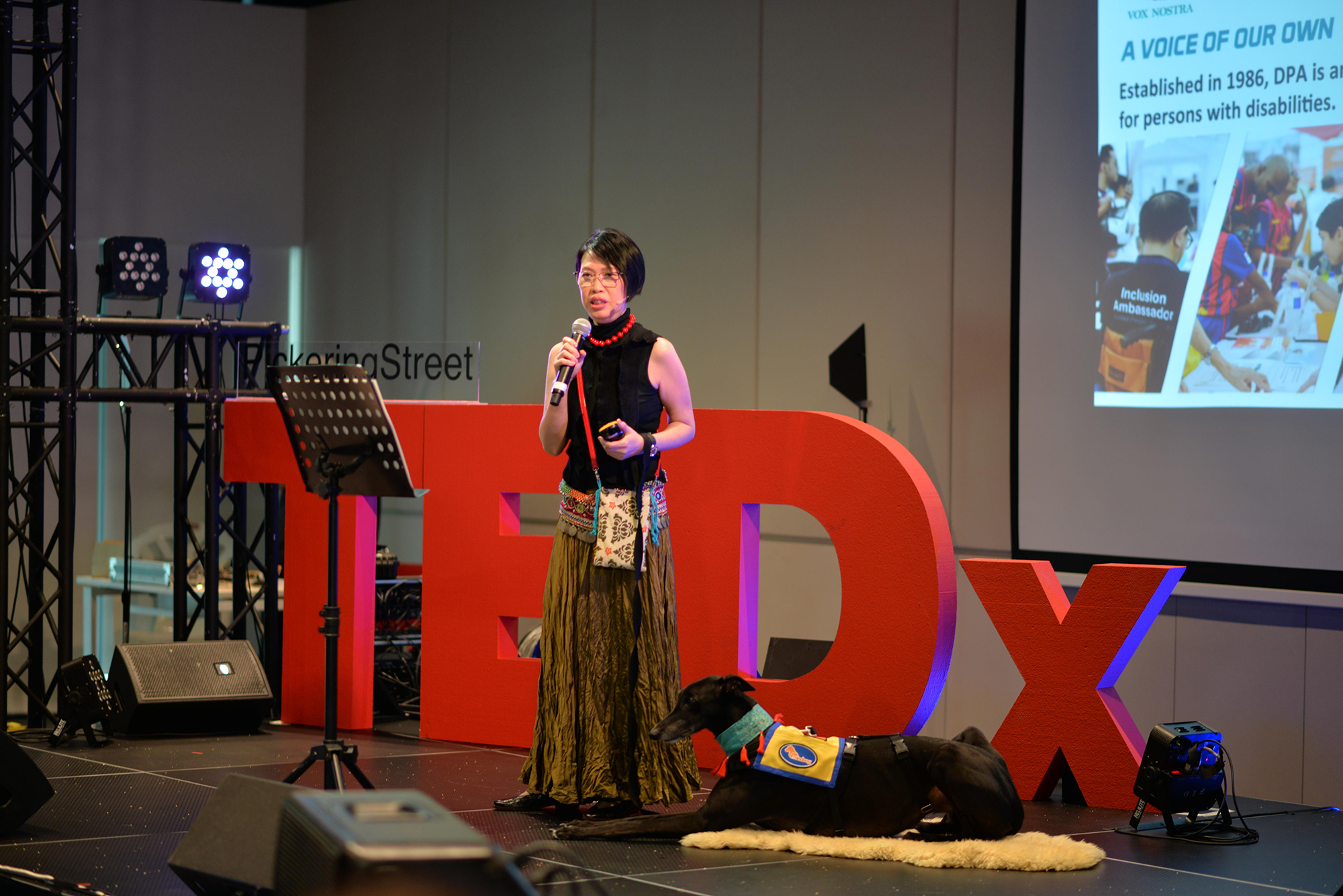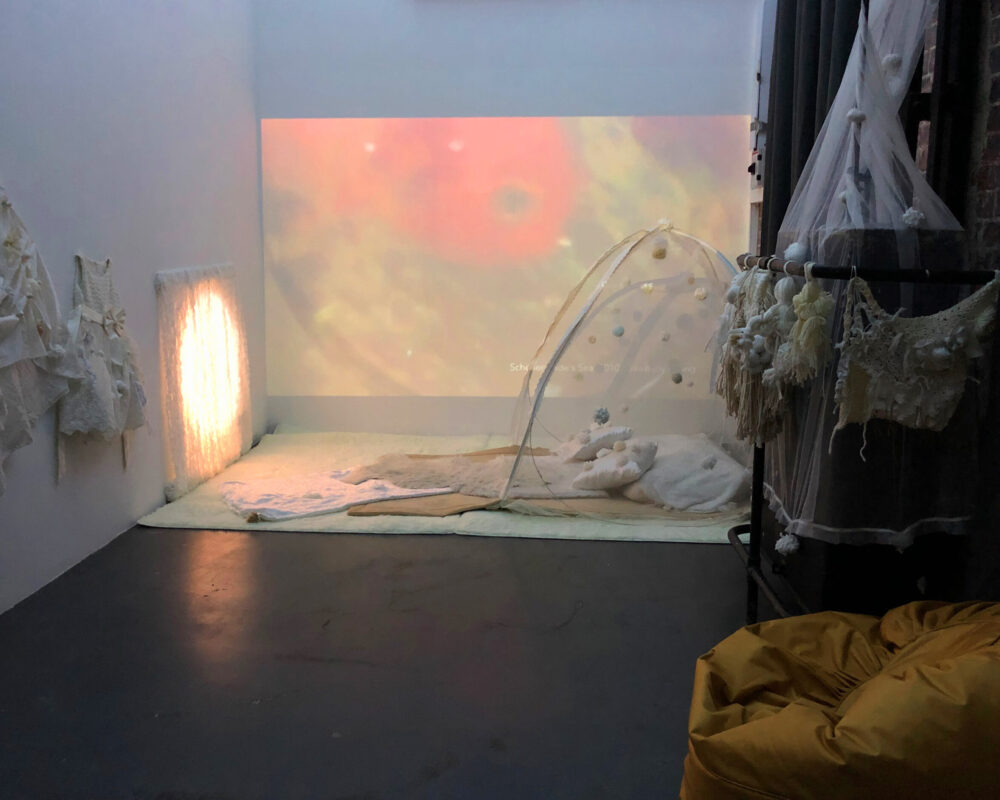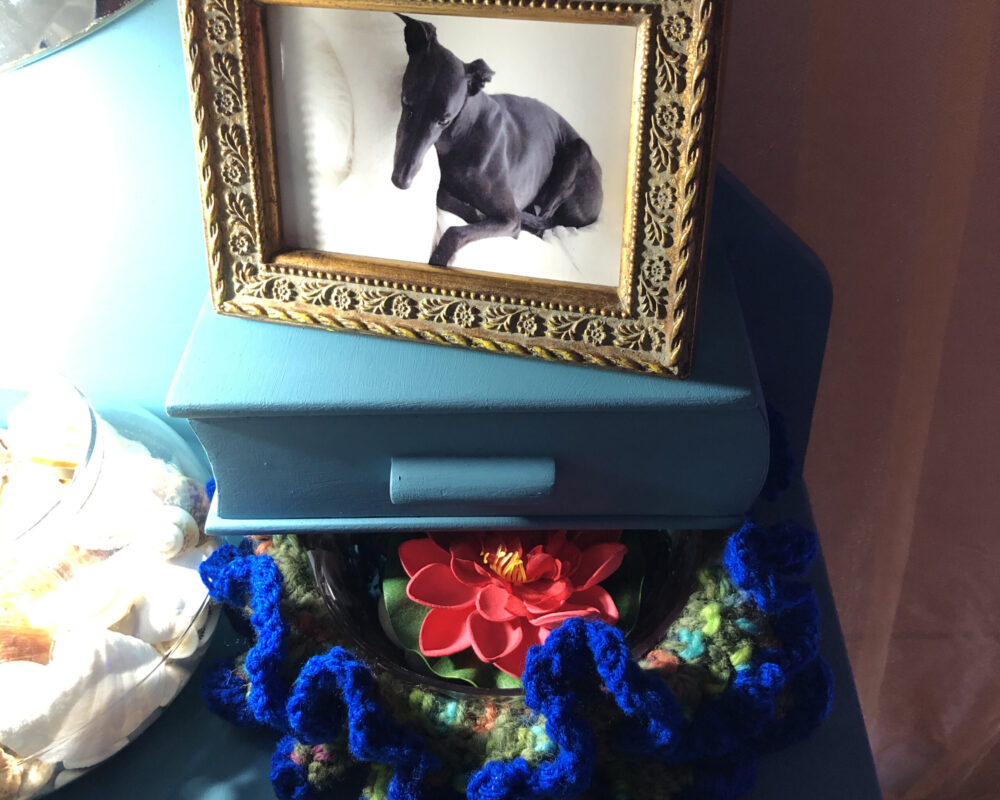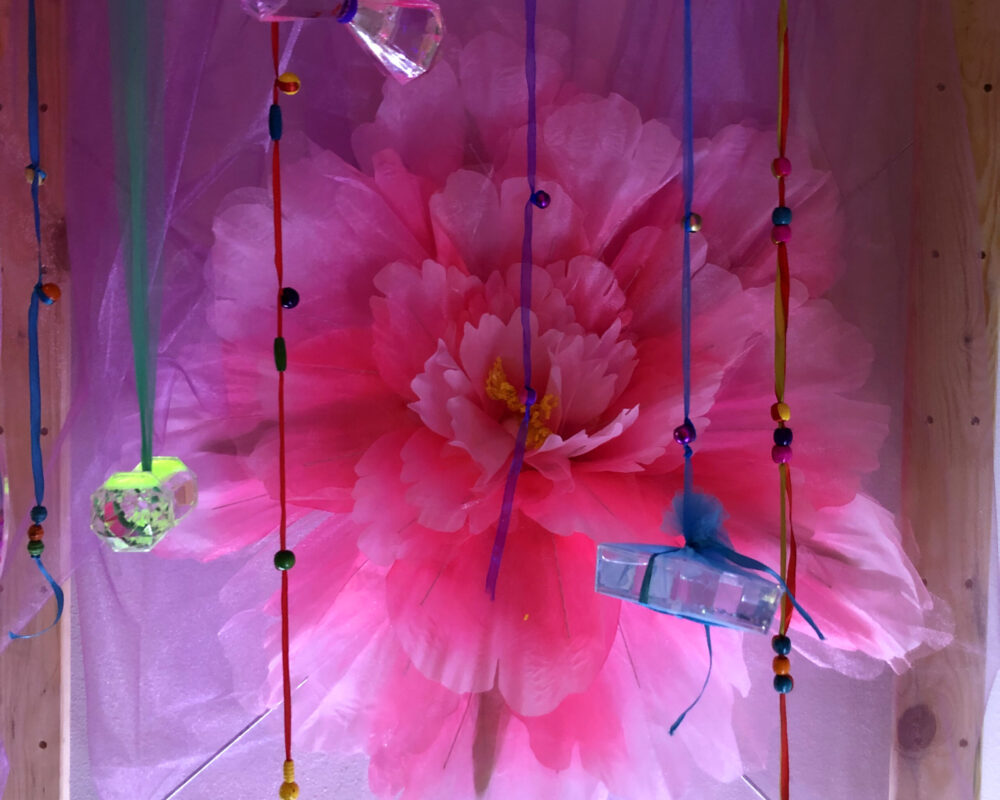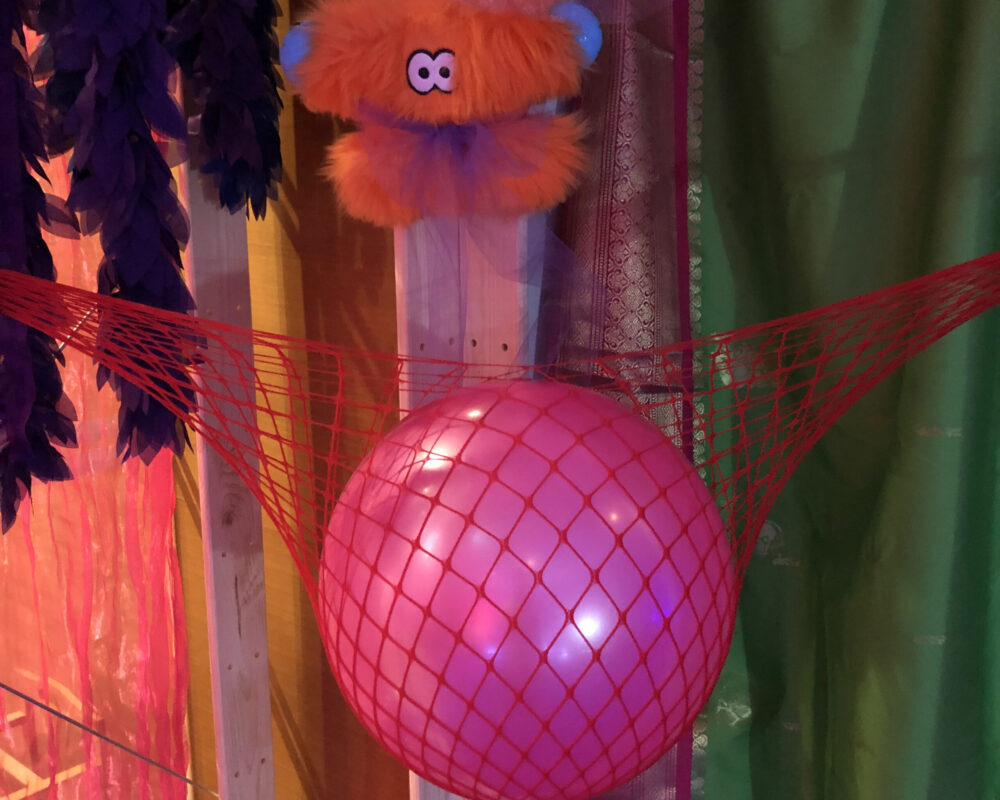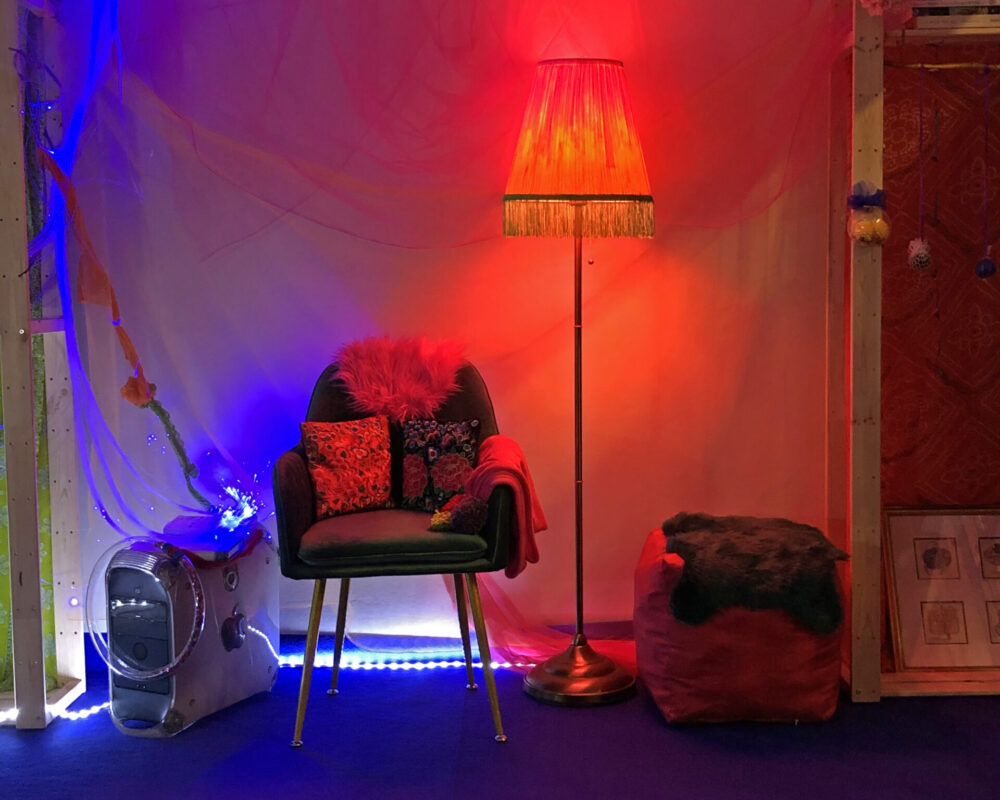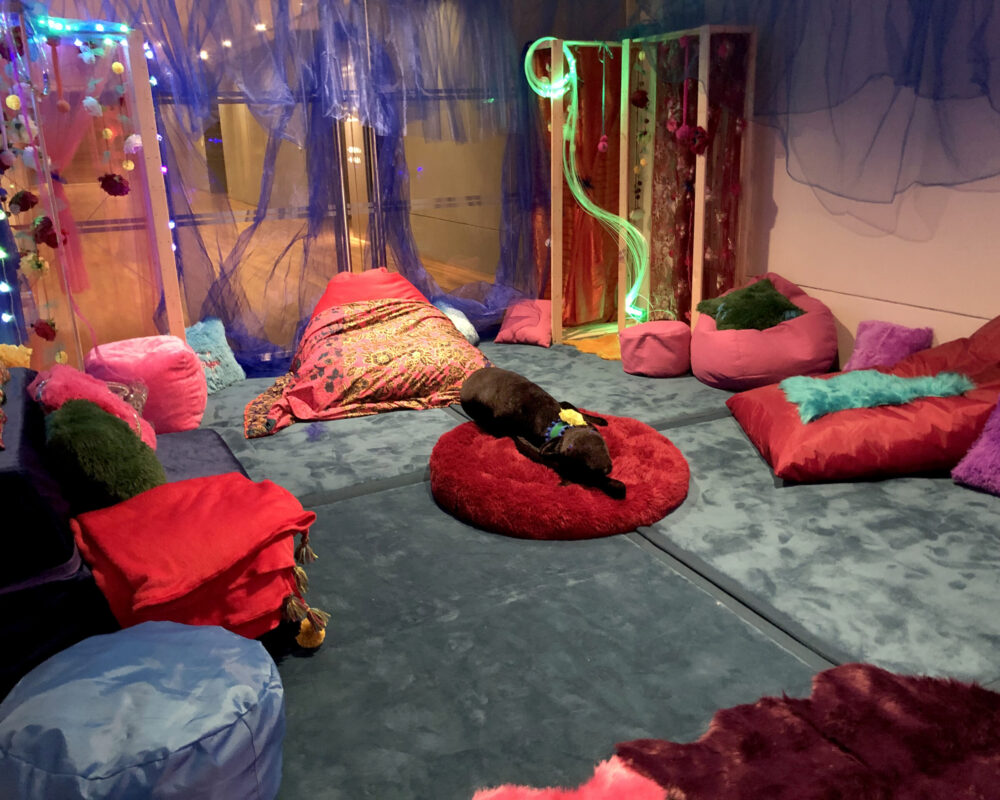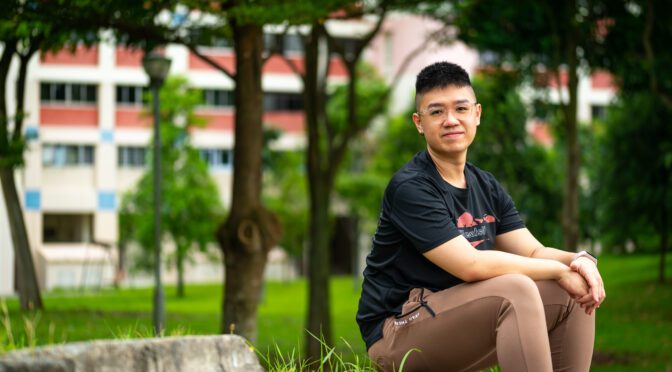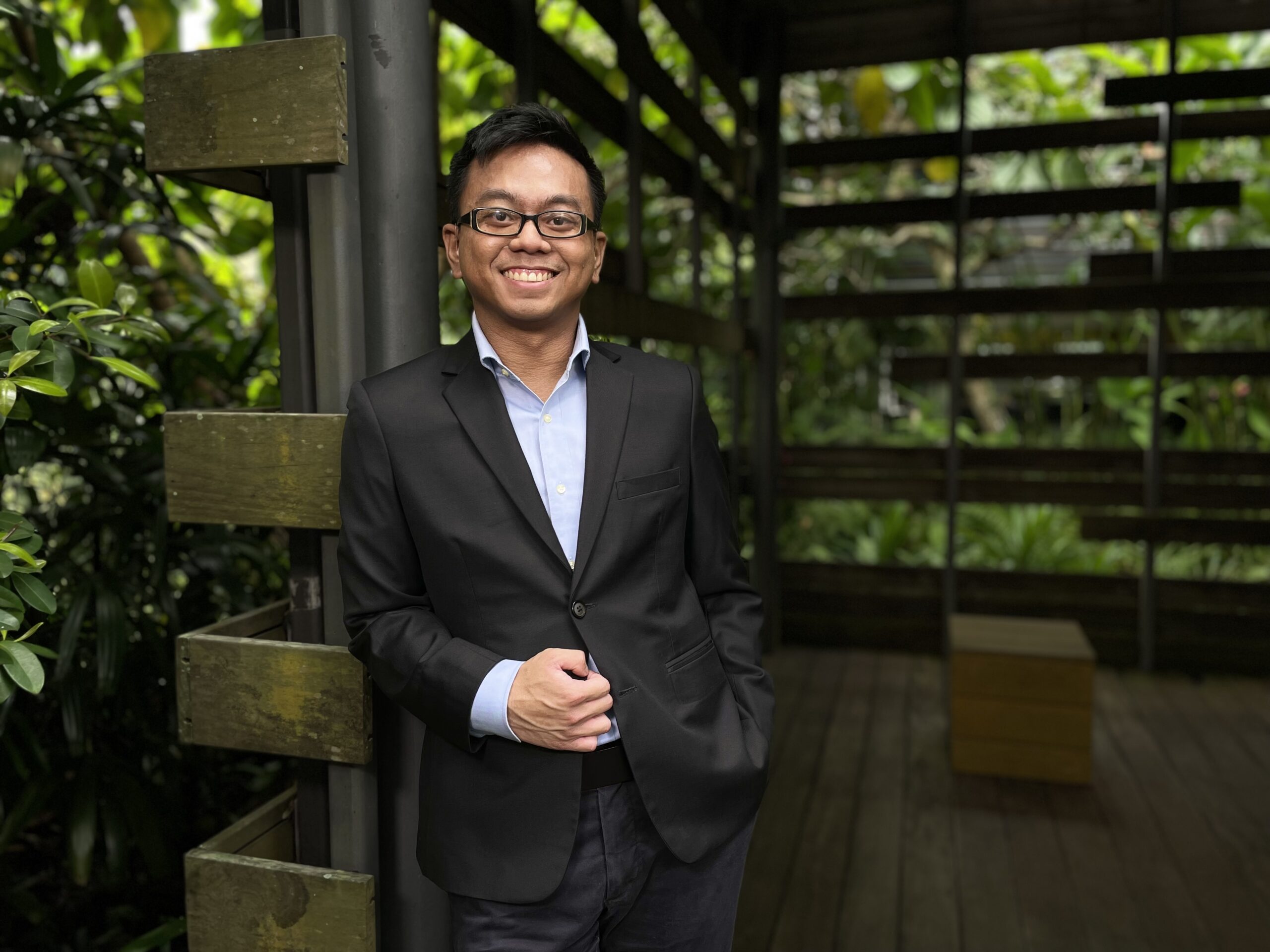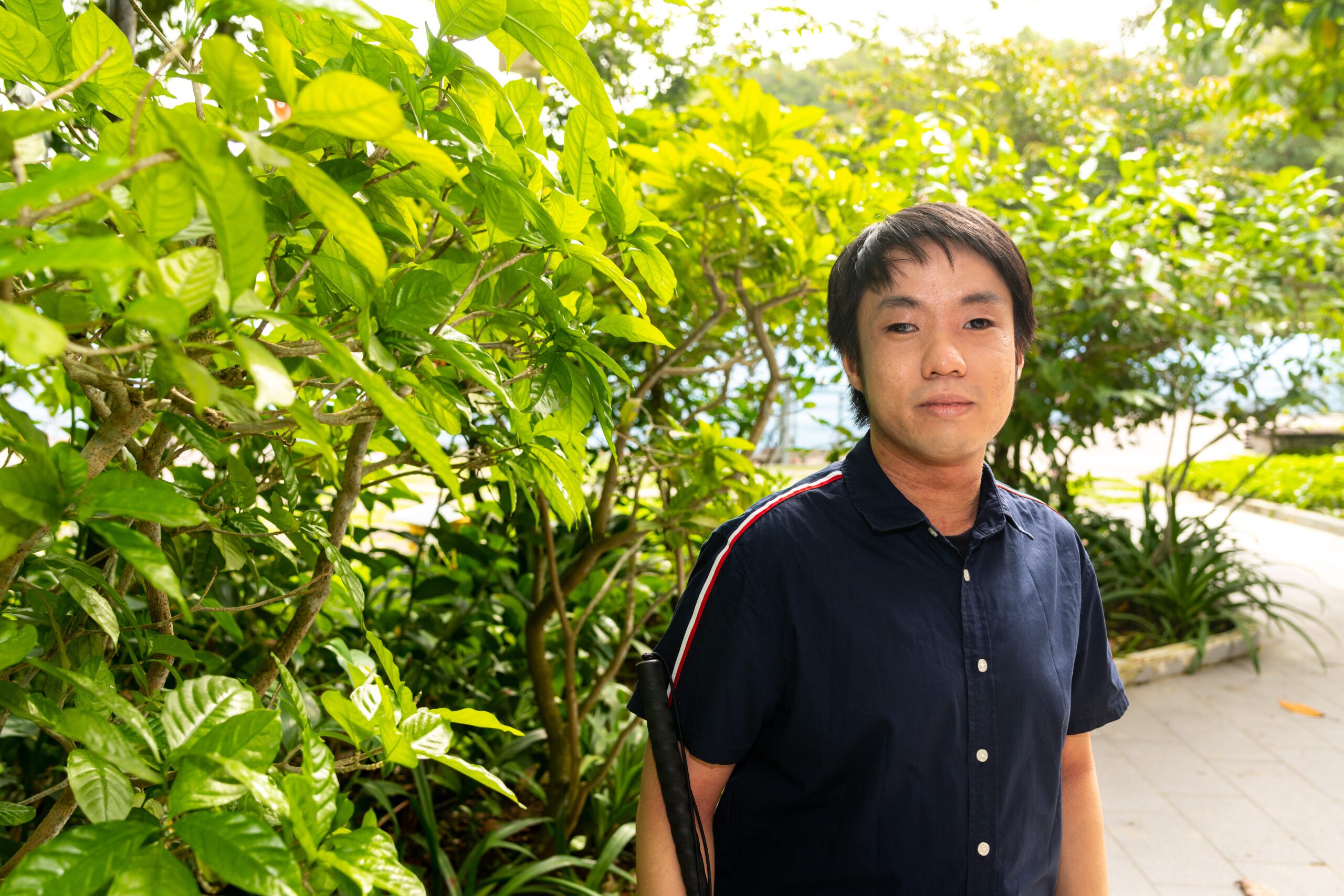One hand washes the other
Because autistics are already so used to being stigmatised and oppressed, many of them throw in the towel and now want to be cradled: ‘Since I’m useless, you have to help me. You have to see things my way.’ Neurotypicals see autistics as personae non gratae because of that; and that is compounded by our deficiency at interpreting subtleties. Either side does not want to budge. Neurotypicals like to chit chat when they work — it’s how they bond. On the other hand, autistics bond over work and common passions. A grand gesture is not needed to address this problem, but a very simple one: excuse the autistic, and call him or her when the group is done with banter and small talk.
The world we live in need not necessarily be bifurcated, a world of autistics versus non-autistics. It is in fact possible for autistics and non-autistics, disabled and non-disabled people, to work together harmoniously. So moved was I by Peter’s dedication to working with disabled artists that I decided to let my guard down and be a part of his theatre projects. While I love plays and welcome the chance to channel my inner Doris Day, performing in theatre was never an option for me, because sensorially it’s daunting. I don’t like hugging and I don’t like being touched. Worse of all, I cannot remember lines, one of the prerequisite skills of an actress. But Peter is creative: he recognises a person’s talent and potential and expand them, instead of trying to correct his or her vulnerabilities. When I couldn’t do in-person rehearsals, he came to my house. For Welcome to My World 2022: Face Together, which starred a pan-disability cast of D/deaf and disabled performers, he cast me as a news anchor, so I could read off scripts. Very easily I slipped in and out of different personalities, from an emotionally charged North Korean to a hyperbolised version of a Singaporean middle-aged woman and a hoity toity British.
The day of the actual shooting, all the cast members, each dealing with our own unique fears and limitations, were so exhausted and overloaded we thought we were going to die. But help had been given, tailored accordingly to our needs, so as professional artists the onus was on us to push ourselves. My personal belief is that when we are fed and full, we must give back. We must forsake the ‘me, me, me’ mentality. It has to be ‘us’: neurotypicals and neurodivergent, capable and disabled people, hand in hand (strictly figuratively speaking).
